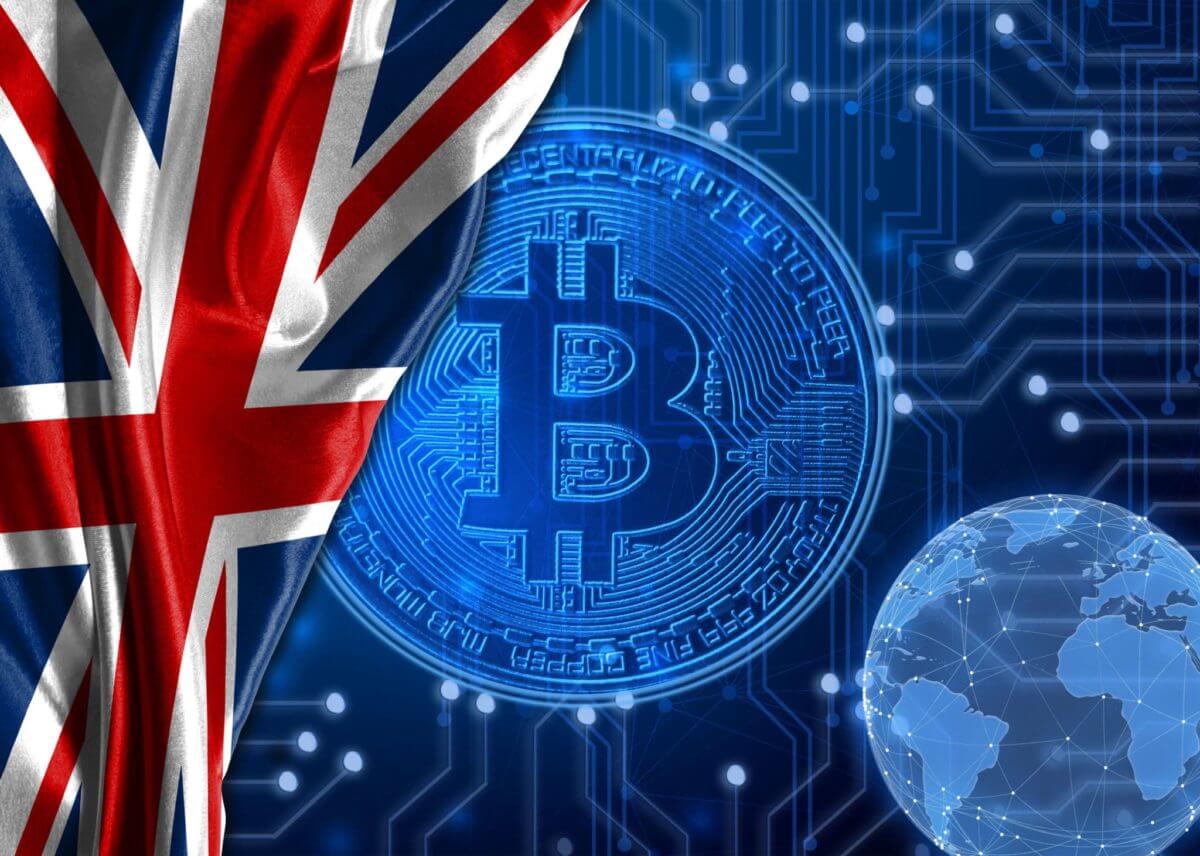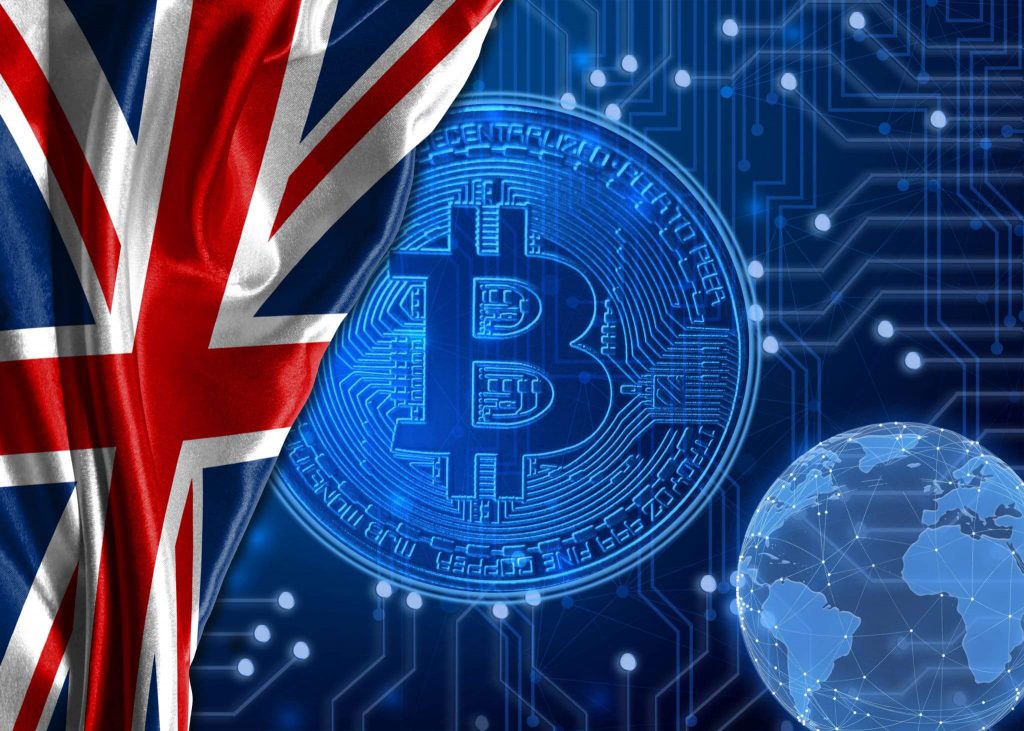
What is BritCoin (BRIT) And What is BritCoin Value?
Britcoin may very soon become a reality following the announcements from officials of the Bank of England and UK Finance Minister Rishi Sunak. Recently this year, he said the UK government is looking seriously into the launch of a digital pound.
The digital pound would be a new form of digital money. It’s a state-backed cryptocurrency, also called dubbed Britcoin.
The move comes after a few hectic weeks in the crypto industry. Cryptocurrency platform Coinbase has been listed on the stock market, reaching a capitalization of $100 billion. Besides, cryptocurrencies like Bitcoin and its counterpart Dogecoin, have reached record-high levels.
Speaking ahead of the UK Fintech Week conference, British finance minister Richi Sunak confirmed the launch of a new bank digital currency CBDC. The project is still in consultation and exploratory process.
Britcoin Price
According to the website Investing.com, we can see that the Britcoin price has already been formed.
At the moment of our writing, the Britcoin price reaches a modest $ 0.000330. The Britcoin value, as well as the value of any other digital currency, is only backed by the public trust in the issuer. The supply and demand factor is also an essential aspect of Britcoin price forming.
Therefore, the government and the financial authorities promoting its creation have the challenge of convincing the large public of its benefits. Before tackling the perks of British digital currency, let’s see what digital currency represents at its core.
The difference between Britcoin digital currency and electronic currency?
● Digital currency vs electronic currency
The electronic version of money has already existed for decades and predominates in most countries. At any time you can go to an ATM and change the electronic record of your money into physical money, dollars, euros, pounds, etc.
On the other hand, digital currency stands for the currency available only in electronic form. It never takes physical form and is only hosted on the computer network.
To stick with the example of Britcoin: instead of using physical pound bills, you could make purchases by transferring the digital pound to retailers by using only your smartphone. There is not much difference between this process and how you currently use payment apps like PayPal, AplePay, and similar.
● CBDC vs Cryptocurrency
Furthermore, the main difference between cryptocurrencies and bank digital currency CBDC is that the government controls the latter. To put it simply, just imagine if the government and Federal Reserve managed Bitcoin, Ethereum, or any other cryptocurrency.
According to a new study by the Bank for International Settlements, around 80% of central banks, including the European Central Bank, are exploring the possibility of launching digital currencies.
According to the study, many of them have CBDCs (or central bank digital currencies) on their agendas. Around 20% of the 66 central banks said they are likely to issue a digital currency within the next five years.
Many central banks outline the risk of losing control of the global payments system in favor of decentralized cryptocurrencies, which are typically not under the supervision of any central body.
The Bahamas was the first country to issue a general-purpose CBDC, known as Sand Dollar, in October 2020. Meanwhile, the Bank of China has extended a digital yuan trial to its three largest urban areas.
Britcoin Value – Digital currency benefits
In the CBDC discussion paper, the Bank of England is introducing its project, outlining the opportunities and the Britcoin value for the potential stakeholders and consumers. Here is a summary.
● Risk-free alternative to digitized assets
First and foremost, the governments are thriving to maintain public control over money creation in the face of private competition. The Britcoin digital currency provides a supplement to the traditional money bills, the use of which for transactions is declining (in volume and value) but whose issued stock is increasing. It’s about offering a state-guaranteed monetary asset in an uncertain digitalized world.
Money is a public good. And the central banks must provide a risk-free alternative to digitized assets issued by unsupervised private entities. There is also a geopolitical dimension: digital foreign currencies (public or private) risk destabilizing, if not crowding out, national currencies, as in the case of the “dollarization” of developing economies.
● Financial inclusion for the unbanked
In the UK, 4 percent or more than 2 million people don’t even have a bank account. Therefore, they are paying high fees for cashing their paychecks. With the digital pound, unbanked people could assess their funds and pay the bills without additional charges.
● Faster payments
With digital currency, the payment process is faster in comparison with current means like a wire transfer. It may take days to complete a transaction. Moreover, wire transfers usually take more time outside business hours and during the weekend. With the BritCoin the transaction takes place almost instantly 24/7.
● Less expensive international transfers
A digital currency makes it possible to make payments in the UK or cross-border payments less expensive and more secure (with less risk of loss and theft). Especially for emerging countries, but particularly in the United States and the United Kingdom.
Britcoin as a significant boost for the British pound
The proper implementation of a new digital currency in the UK could lead to major improvements to the country’s financial system. If the government creates digital tokens, it can use them to allocate them to various businesses. These can allow, therefore, a lot more efficient macroeconomic model.
Digital currency won’t replace traditional money. In fact, it’s the closest digital form to traditional currency. Since a blockchain solution will back the cash, it opens the possibility for the government to have more direct control over the economic situation. Also, it could help implement necessary monetary measures more efficiently.
So far, the government had to issue funds to commercial banks before passing them to the high street banks for making loans to businesses and retail clients. Sometimes it could result in misusage of the funds. Like in the case of support packages that ended up in banks’ own investments rather than creating the financial stimulus.
Finally, the Britcoin value would reflect in enhancing the pound’s strength. It could cause greater interest in investing in British national currency from non-UK citizens. As a result, more people would keep their assets in, which would consequently correlate to improved living standards for many.


